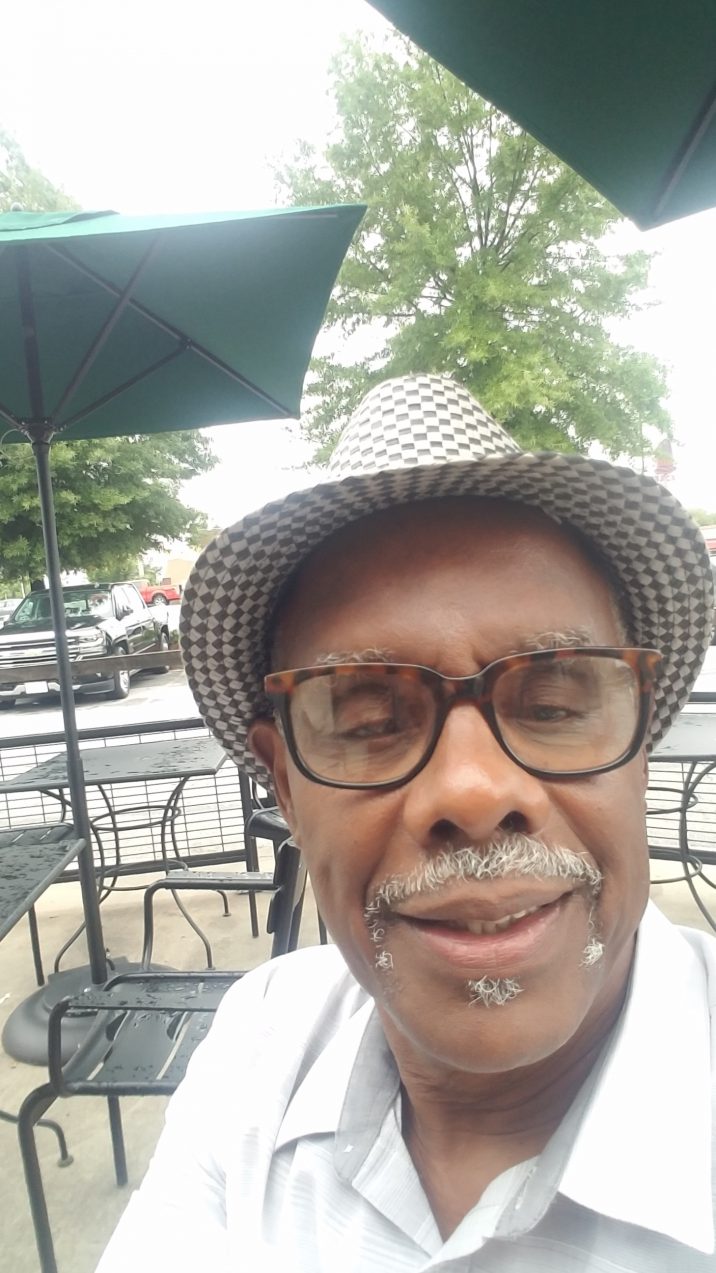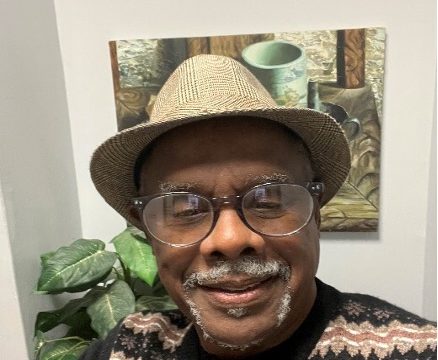
Ah, the “protest” – the time-honored tradition of marching, kneeing, hoisting a poster, thrusting a clenched fist in the air – them all as American as apple pie.
Now before I proceed, I’ll admit that as a language fanatic I’m fascinated by the variants of and the power of words; including the word “protest.” I mean – and I’m not being facetious with these questions – but what’s the difference between a protest and a “rebellion,” or a “movement,” or an “uprising”, or an “insurrection,” or a “revolt,” or a “boycott,” or “civil disobedience,” and who decides?
I decided to do a bit of research oh how these terms were used over the years.
Now if we look beyond the protests that are sweeping the nation – the world in fact – these days, we do not have to delve too far to see historical variants of protests.
Take 1773 when protesters gathered in Boston Harbor to reject a shipment of tea from the East India Company, speaking out against the Tea Act which allowed that Company to sell its tea at a reduced cost. The colonists stormed the ships and chucked some 46 tons of that tea overboard.
They protested, did they not? Just asking.
“Civil Disobedience” is an essay by American transcendentalist Henry David Thoreau first published in 1849. In it Thoreau argues that individuals should not permit governments to overrule their consciences, and that they have a duty to avoid allowing such acquiescence to enable the government to make them the agents of injustice. Thoreau was motivated in part by his disgust with slavery and the Mexican American War.
He protested, did he not? Just asking.
Mexican American Cesar Chavez was a prominent union leader and labor organizer who founded the National Farm Workers Association in 1962. His union joined with the Agricultural Workers Organizing Committee in its first strike against grape growers in California. Stressing nonviolent methods, Chavez drew attention for his causes via boycotts, marches and hunger strikes and was able to secure raises and improve conditions for farm workers in California, Texas, Arizona and Florida.
He protested, did he not? Just asking.
Then there’s Nat Turner, who led a slave rebellion in Virginia in 1931 and before that John Brown, the abolitionist who led a raid against slavery in Harpers Ferry, West Virginia in 1859.
They protested, did they not? Just asking.
Then there was the women suffrage movement when women rights trailblazers spearheaded the strong push for equal voting rights in the mid-19th century. After the Seneca Falls Convention in 1848, the rallying cry for women’s right to vote became a yell too loud to ignore.
They protested, did they not? Just asking.
And of course, during the well-documented civil rights movement during the sixties, non-violent protesters “marched” throughout the south for their right to vote and, in some cases were met with fire hoses and resistance.
They protested, did they not? Just asking.
Remember the Stonewall Rebellion – well, “riots” is how they were labeled – of 1969 when gay folks said enough is enough as they struck back at the mistreatment of their flock by the local New York City police? They launched a national movement towards gay rights.
They protested, did they not? Just asking.
When the World Trade Organization hosted its biannual meeting in Seattle demonstrators took to the streets just outside to decry the widening gap between the rich and poor worldwide.
They protested, did they not? Just asking.
Or how about the “Occupy Wall Street” movement, when 3,000 people assembled at Battery Park with the intention of occupying Wall Street to protest corruption in government?
They protested, did they not? Just asking.
How about the “Me Too” movement against sexual harassment and sexual abuse where women publicized their allegations of sex crimes committed by powerful men.
The protested, did they not?
The “Red Power” movement was a social movement led by Native American youth to demand self-determination for Native Americans in the United States. This movement sought the rights for Native Americans to make policies and programs for themselves while maintaining and controlling their own land and resources.
They protested, did they not? Just asking.
And lately there have been widely publicized rebellions against mask wearing and social distancing guidelines, some even deteriorating into confrontations.
They protested, did they not? Just asking.
So as you tune into the TV tonight and are confronted once again with marching protesters across the world, I leave you with the following quote by Eli Weisel:
“There may be times when we are powerless to prevent injustice, but there must never be a time when we fail to protest.”
I’ll append that quote with the word “peacefully.”
© Terry Howard is an award-winning writer and storyteller. He is also a contributing writer with the Chattanooga News Chronicle, The American Diversity Report, The Douglas County Sentinel, The Atlanta Business Journal, The Echo World, co-founder of the “26 Tiny Paint Brushes” writers’ guild, and recipient of the 2019 Dr. Martin Luther King Leadership Award. He can be reached at wwhoward3@gmail.com



I intended to create you this little word to finally thank you very much again over the amazing knowledge you have documented above. It is certainly incredibly open-handed of people like you to grant unreservedly what some people might have sold as an e book to make some dough for themselves, especially seeing that you could possibly have tried it if you desired. Those pointers likewise worked to become a good way to recognize that someone else have the identical passion like mine to figure out more and more in terms of this problem. I believe there are a lot more pleasant times up front for individuals that see your blog post.
Thanks so much for giving everyone an extraordinarily remarkable chance to read from this web site. It can be very amazing and stuffed with a great time for me personally and my office co-workers to search the blog at minimum 3 times in 7 days to study the fresh secrets you will have. And lastly, I am just certainly fascinated with your amazing knowledge served by you. Selected 2 ideas in this article are easily the most suitable we have all had.
I intended to create you the very little word to finally say thank you yet again with your unique suggestions you’ve featured at this time. It was certainly wonderfully generous with people like you to supply easily all that a few individuals would have advertised for an e-book to end up making some bucks on their own, principally given that you could have done it in the event you decided. The tips in addition worked to be the fantastic way to fully grasp many people have similar dreams really like my own to figure out a little more around this condition. I am certain there are several more pleasant moments ahead for many who check out your site.
I intended to send you one tiny observation in order to give thanks once again for the splendid guidelines you have featured in this case. It was simply seriously open-handed with you to give freely what exactly a number of people might have offered for sale for an e-book to end up making some money on their own, chiefly since you might have done it in the event you considered necessary. Those ideas additionally acted to be a great way to be sure that the rest have a similar desire the same as mine to figure out a great deal more in respect of this matter. I know there are several more enjoyable moments in the future for those who read your website.